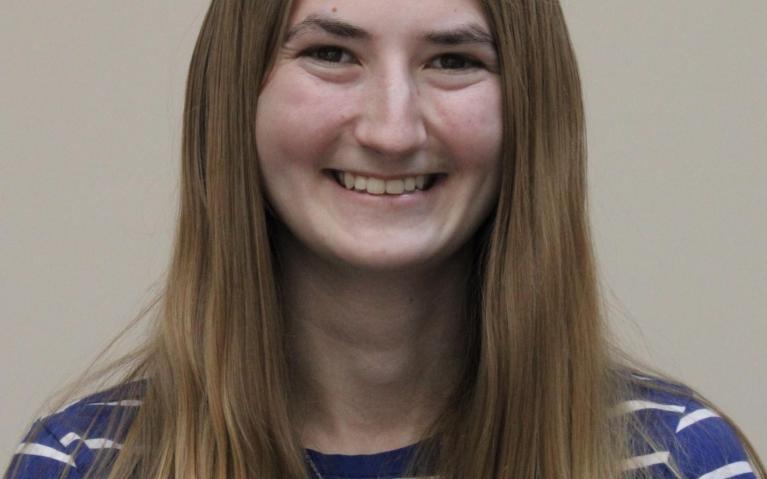
Katherine Marchant
Master of Arts in French (MA)
Research Topic
Métafiction, métanarration et indices de fictionnalité dans la représentation de la Seconde guerre mondiale chez Modiano et Binet
G+PS regularly provides virtual sessions that focus on admission requirements and procedures and tips how to improve your application.
These videos contain some general advice from faculty across UBC on finding and reaching out to a potential thesis supervisor.
Theses completed in 2010 or later are listed below. Please note that there is a 6-12 month delay to add the latest theses.
Many studies are dedicated to the theatre of the absurd, a comical anti-theatre born from the horrors and atrocities committed during the World War II. However, there is a lack of research which seeks to compare this movement from the 20th century and apocalypse narratives, which are also written in response to the catastrophes that take place around the world. Our study proposes a comparative analysis of five works—two theatre pieces from emblematic playwrights of the absurd, Samuel Beckett and Eugène Ionesco, as well as three apocalyptic novels—in order to determine the thematic echoes of the absurd that can be observed in end of world literature. The first section of our study focuses on the representation of spaces and the way in which the authors and playwrights portray the deterioration of the world in a similar manner. The second section addresses the subject of language and its loss of value in the damned world of our corpus.
View record
If this is your researcher profile you can log in to the Faculty & Staff portal to update your details and provide recruitment preferences.